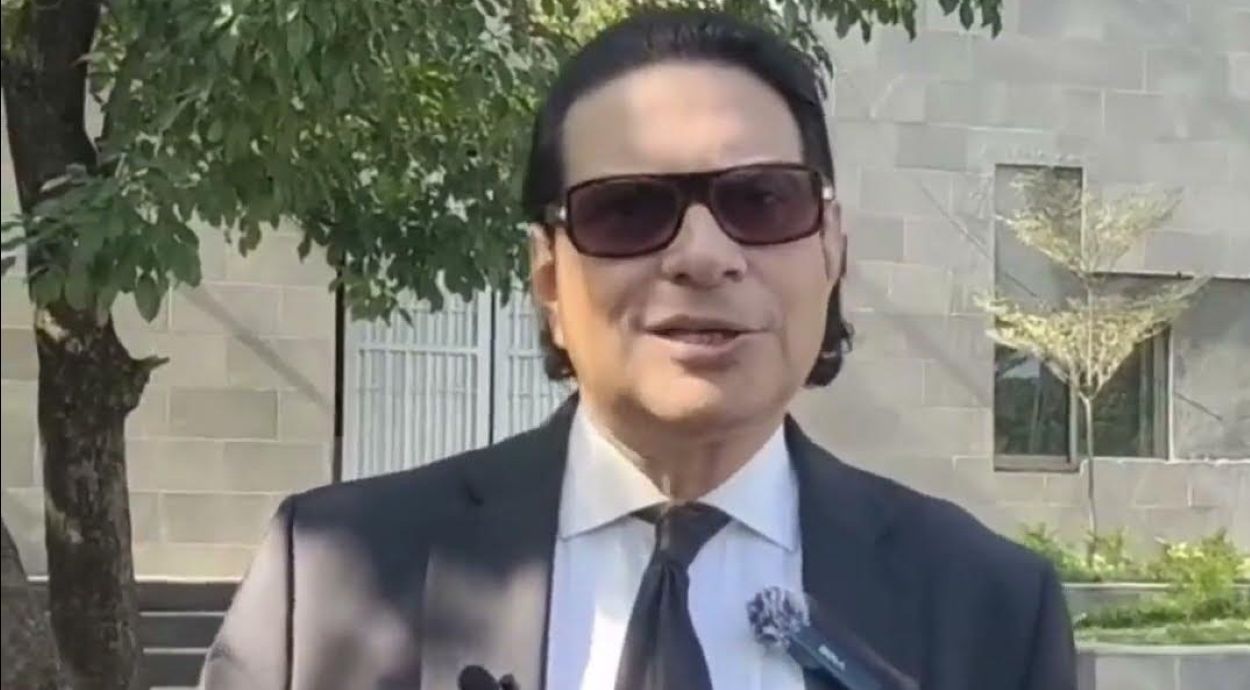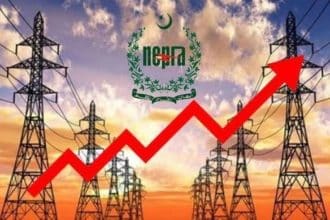On August 26, 2025, Salman Akram Raja, a leader of the Pakistan Tehreek-e-Insaf (PTI) party, announced that the party’s founder, Imran Khan, had rejected his resignation as secretary general for the third time.
Salman Akram’s decision followed a dispute regarding participation in by-elections. The internal conflict, which revolves around differing opinions with Khan’s sister, Aleema Khan, highlights the tensions within PTI as the party navigates Pakistan’s volatile political landscape.
Raja’s attempt to resign arose from a disagreement with Aleema Khan, who opposed PTI’s participation in the upcoming by-elections, citing instructions from Imran Khan. Raja reported that the political committee had voted, with 13 members in favour of participation and 9 against it. However, this rift influenced his decision to step down. Speaking outside Adiala Jail, Raja confirmed that the committee would reconvene to align with Khan’s directives, while also emphasising the ongoing legal battles faced by Omar Ayub and Shibli Faraz.
After meeting Imran Khan, PTI Secretary General Salman Akram Raja said Omar Ayub is the opposition leader in the National Assembly and Shibli Faraz in the Senate, with his case in the Peshawar High Court. If legal options fail, Mahmood Khan Achakzai may become the opposition… pic.twitter.com/qMTOuZxi3h
— PTI Canada Official (@PTIOfficialCA) August 26, 2025PTI Chairman Barrister Gohar Ali Khan announced a rally for judicial independence, democracy, and the release of Imran Khan after meeting him at Adiala Jail. Gohar clarified that Raja’s resignation had not been formally submitted and noted that Khan’s jail facilities had been restored, which now include access to newspapers. Khan also expressed concern over the flood devastation in Khyber Pakhtunkhwa, directing relief efforts in response to the 700 flood-related deaths that occurred in 2025.
Read: Salman Akram Raja Resigns as PTI Secretary General
The dispute reflects PTI’s challenges following the May 9, 2023, riots, with leaders like Faraz sentenced to 10 years. Pakistan’s political unrest, coupled with a 40% poverty rate, according to a recent think tank report, fuels public frustration. Raja’s retention signals Khan’s focus on party cohesion, despite internal divisions and a $7 billion IMF bailout backdrop.






